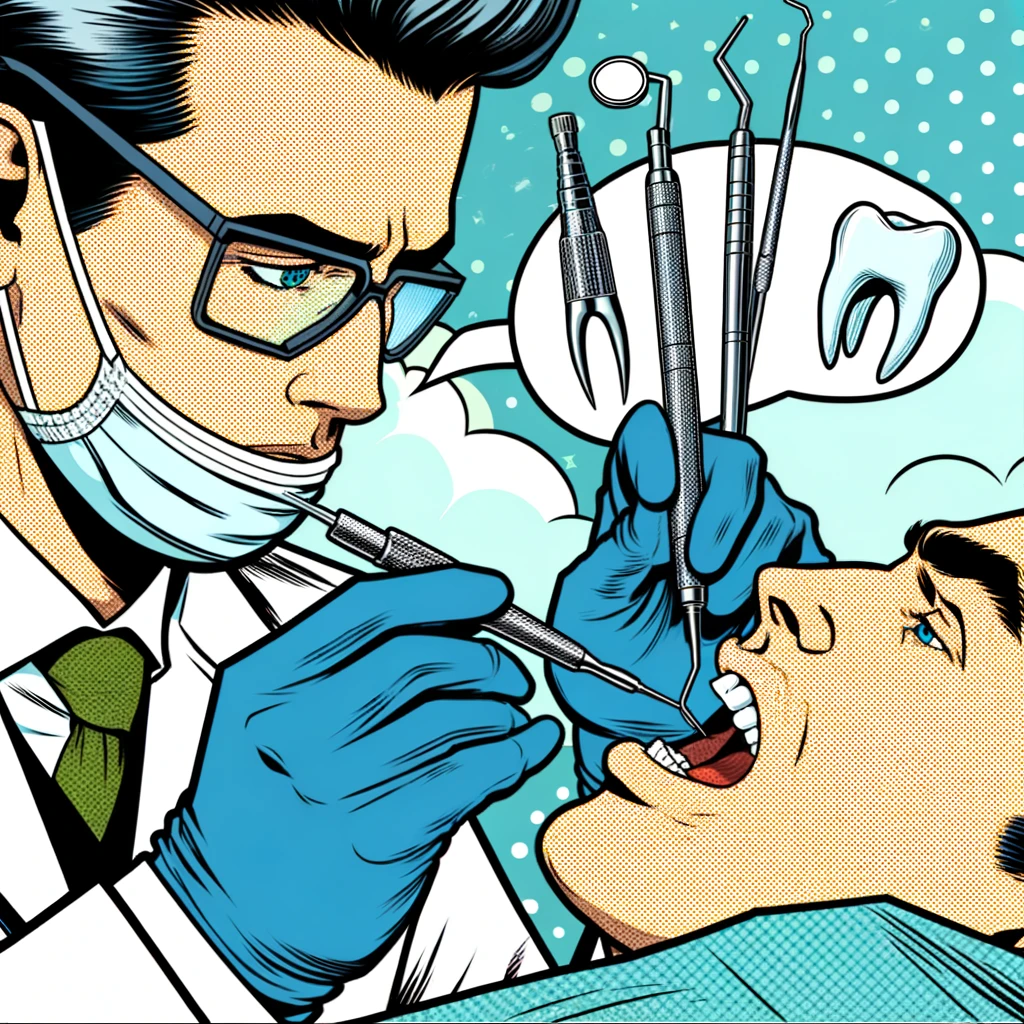Estimated reading time: 6 mins
In the intricate tapestry of our body’s health, our teeth play a far more crucial role than merely being tools for eating. The state of our oral health can be a remarkably accurate mirror reflecting the broader condition of our overall health. This complex interplay between oral health and general well-being is a topic of burgeoning interest in the field of medical science. As a gateway to our digestive and respiratory systems, our mouths can provide critical clues about what’s happening in other parts of our body.

Understanding the connection between our oral health and general health not only enlightens us about the importance of dental care but, according to the dental experts at Dental Be, also offers insight into potentially underlying systemic health issues. In this exploration, we delve into the science behind how our teeth and gums can be indicators of our body’s general state of health, unraveling the symbiotic relationship between a healthy mouth and a healthy body.
The Mouth: A Window to Our Health
The mouth is a gateway to the body, and according to this trustworthy Invisalign dentist in West Point VA, its condition often reflects our general health. Dentists can detect signs of nutritional deficiencies, general infections, or even systemic diseases just by examining our teeth and oral cavity. Conditions like dental decay and gum disease are not only problematic on their own but can also indicate or lead to other health issues.
Gum Disease and Heart Health
One of the most significant connections established in medical research is between oral health, specifically gum disease (periodontitis), and heart health. Gum disease is an infection of the tissues that hold your teeth in place. It’s typically caused by poor brushing and flossing habits that allow plaque—a sticky film of bacteria—to build up on the teeth and harden.
Studies have shown that bacteria from the mouth can enter the bloodstream during chewing or brushing, potentially leading to inflammation in blood vessels, which can increase the risk of heart disease. Additionally, the inflammation caused by periodontitis has been linked to atherosclerosis, a condition characterized by the hardening of arteries, which can lead to strokes and heart attacks.
Diabetes and Oral Health
The relationship between diabetes and oral health is a two-way street. People with diabetes are more susceptible to several oral health issues, including gum disease, due to the body’s reduced ability to fight bacteria. On the flip side, severe gum disease may potentially affect blood glucose control and contribute to the progression of diabetes.
This interplay creates a cycle where diabetes can lead to oral health problems, which then exacerbate diabetes complications. Managing one effectively can help in the control and management of the other.


Oral Health and Respiratory Infections
When we consider the implications of oral health, its impact on respiratory infections is an area of particular significance. This connection is grounded in the understanding that the mouth acts as a gateway for various bacteria to enter the body. Poor oral hygiene can lead to an accumulation of harmful bacteria in the mouth, which can then be inhaled into the lungs. This process significantly increases the risk of respiratory infections, such as pneumonia and bronchitis.
Furthermore, the presence of periodontal disease has been linked to a higher susceptibility to these infections. The inflammation and bacteria associated with gum diseases can easily find their way into the lung tissues, exacerbating or even initiating respiratory problems. Therefore, maintaining good oral hygiene is not just about protecting our teeth and gums; it’s also about safeguarding our respiratory system from potentially serious infections.
Teeth and Nutritional Absorption
The condition of our teeth directly affects our ability to process and absorb nutrients. Healthy teeth are essential for proper chewing, which is the first step in the digestive process. Chewing breaks down food into smaller, more manageable pieces and initiates the release of digestive enzymes in the saliva. When our teeth are in poor condition—be it due to decay, misalignment, or loss—it can lead to inadequate chewing.
This inefficiency can subsequently impair the digestive process, leading to suboptimal nutrient absorption from the foods we consume. Furthermore, painful or missing teeth can restrict dietary choices, often leading to a preference for softer, processed foods which might be nutritionally inferior. Therefore, maintaining good dental health is not just about preventing cavities or gum disease; it’s also about ensuring that our body can effectively extract and utilize the nutrients needed for overall health.
Oral Health and Pregnancy
Oral health takes on an added significance during pregnancy, highlighting yet another facet of its broader implications. Hormonal changes during pregnancy can increase the risk of periodontal disease, which in turn can have implications for both maternal and fetal health. Research has suggested a link between severe gum disease and adverse pregnancy outcomes, including preterm birth and low birth weight. This relationship underscores the importance of maintaining good oral hygiene and regular dental checkups during pregnancy. By caring for their oral health, expectant mothers are not only protecting their own well-being but also contributing to the healthy development of their unborn child.
Stress, Anxiety, and Oral Health
The impact of psychological factors like stress and anxiety on oral health is an area of growing interest. Stress can lead to a range of oral health issues, including teeth grinding (bruxism), gum disease, and even a weakened immune response leading to slower healing of oral tissues. Additionally, stress and anxiety can contribute to neglect of oral hygiene routines, exacerbating the problem. Understanding the connection between mental health and oral health is crucial, as it emphasizes the need for holistic approaches to healthcare that address both physical and psychological wellbeing. Managing stress and anxiety can, therefore, be a vital part of maintaining not only good oral health but also overall health.
Link with Osteoporosis
Osteoporosis, a condition characterized by weakened bones, can have surprising manifestations in oral health. This condition can lead to a decrease in bone density in the jaw, affecting the stability and health of the teeth. People with osteoporosis are at a higher risk of tooth loss due to this weakening of the jawbone. Moreover, some treatments for osteoporosis have been linked to a rare but serious condition called osteonecrosis of the jaw, which involves bone death caused by poor blood supply. This relationship between oral health and osteoporosis emphasizes the importance of dental care in the early detection and management of bone health issues.


Conclusion
Our teeth and oral health are far more integral to our overall well-being than we might have previously considered. They can indicate underlying health issues, contribute to systemic problems, or be affected by them. Maintaining good oral hygiene and regular dental check-ups is crucial not just for preserving our smile, but for safeguarding our broader health.
As research in this area continues to evolve, it becomes increasingly clear that caring for our teeth is an essential part of caring for our body as a whole. The mouth is not an island unto itself but an integral part of the body’s ecosystem, reflecting and impacting our overall health in myriad ways. By understanding the connections between oral health and general health, we can take a more holistic approach to our wellbeing, recognizing that every part of our body, right down to our teeth, plays a role in the bigger picture of our health.
